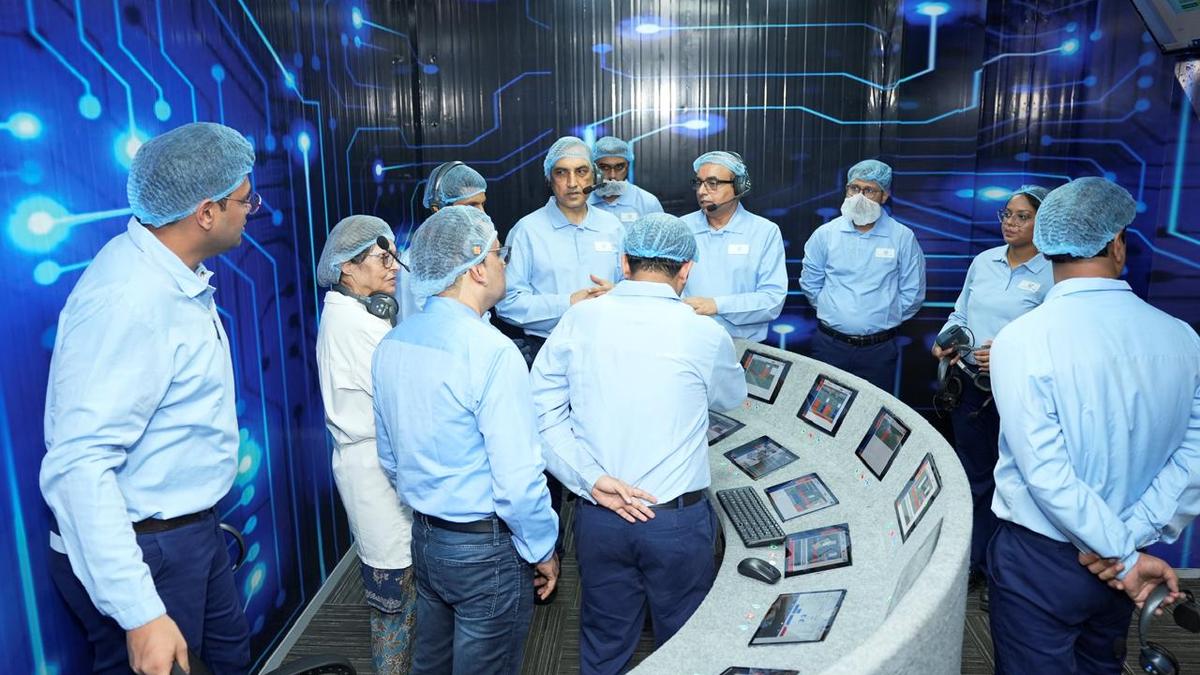
World Economic Forum recognition for HUL’s Assam plant
The Hindu
HUL's Doom Dooma plant in Assam recognized by WEF as a 4IR 'Lighthouse' for advanced technology and sustainability.
GUWAHATI
The World Economic Forum (WEF) has designated an eastern Assam plant of Hindustan Unilever Limited (HUL) as an advanced fourth Industrial Revolution (4IR) end-to-end (E2E) value chain ‘Lighthouse’.
The factory in Tinsukia district’s Doom Dooma has become Uniliver’s third in South Asia to receive the honour for adopting 4IR technologies, including artificial intelligence, automation, cloud computing, and the Internet of Things at scale.
The other HUL plants that received this recognition are at Dapada in Dadra and Nagar Haveli, and Sonepat in Haryana. The FMCG company is the only one in India with three factories earning the Lighthouse recognition.
The WEF’s Global Lighthouse Network honours the most digitally advanced factories that transform operations, enhance efficiency, drive sustainable growth, and upskill their workforce. The Doom Dooma site runs the 4IR technology in almost every process, with more than 50 initiatives currently in place across the end-to-end supply chain, the company said in a statement on Thursday.
“By integrating advanced technologies, we have revolutionised our operations, significantly enhancing productivity and product quality. Such initiatives benefit our business and represent a significant step towards building a better future,” Rohit Jawa, HUL’s chief executive officer and managing director, said.
The Doom Dooma plant is India’s largest beauty and well-being manufacturing unit with an annual production capacity of more than 5.4 billion units. Its team of 675 employees produces more than 130 stock-keeping units of beauty brands, including Pond’s Vaseline, Sunsilk, Clinic Plus, and Dove.













